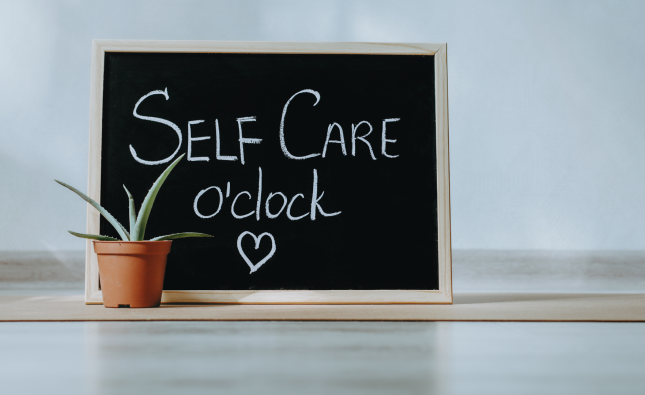
Makeup allergies can occur when your immune system reacts negatively to certain ingredients present in cosmetic products. These allergic reactions can range from mild to severe, and it’s important to be aware of the signs and symptoms so that you can identify and manage them appropriately. Here are some common signs and symptoms of a makeup allergy:
1. Skin Irritation: One of the most common signs of a makeup allergy is skin irritation. You may experience redness, itching, or a rash on the area of skin where the makeup was applied. This can occur immediately after application or develop gradually over time.
2. Swelling: Allergic reactions to makeup can cause swelling in the affected area. Your eyelids, lips, or other parts of the face may become swollen and puffy.
3. Hives: Raised, itchy welts on the skin known as hives can develop as a result of an allergic reaction. These can appear in the area where the makeup was applied or may spread to other parts of the body.
4. Dryness and Flaking: Allergic reactions to certain cosmetic products can lead to dry, flaky skin. This can make your skin feel tight and uncomfortable.
5. Burning or Stinging Sensation: Some individuals may experience a burning or stinging sensation when they apply makeup that they are allergic to. This discomfort can be a sign of an allergic reaction.
6. Watery Eyes: If you’re allergic to eye makeup or any other cosmetic product that comes into contact with your eyes, you may experience watery or teary eyes as a result of the allergic reaction.
7. Blistering or Crusting: In severe cases, an allergic reaction to makeup can cause blisters or crusts to form on the skin. This typically occurs when the allergic reaction is particularly intense or if the individual has highly sensitive skin.
It’s important to note that these symptoms can vary from person to person, and not everyone will experience the same reactions. Additionally, some symptoms may appear immediately, while others may develop over time with repeated exposure to the allergen.
If you suspect that you have a makeup allergy, it is recommended to take the following steps:
1. Stop Using the Product: If you experience any signs of an allergic reaction after applying makeup, discontinue use of the product immediately. Remove the makeup gently using a mild cleanser and water.
2. Consult a Dermatologist: If your symptoms persist or worsen, it’s advisable to consult a dermatologist or an allergist. They can evaluate your condition, determine the specific allergen causing the reaction, and provide appropriate medical advice or treatment.
3. Patch Testing: In cases of severe or persistent allergies, a dermatologist may conduct patch testing to identify the specific ingredients you are allergic to. This involves applying small amounts of various substances to your skin under controlled conditions to identify the allergen.
4. Read Labels and Avoid Allergens: To prevent future allergic reactions, carefully read the labels of cosmetic products and avoid those containing ingredients you are allergic to. Common allergens in makeup include fragrances, preservatives, dyes, and certain metals like nickel.
5. Test New Products: Before using a new makeup product on your face, perform a patch test on a small area of skin to check for any potential allergic reactions. Apply a small amount of the product and observe the area for at least 24 hours for any signs of irritation or allergic response.
Remember, it’s always best to seek professional medical advice if you suspect you have a makeup allergy or experience persistent or severe symptoms.










